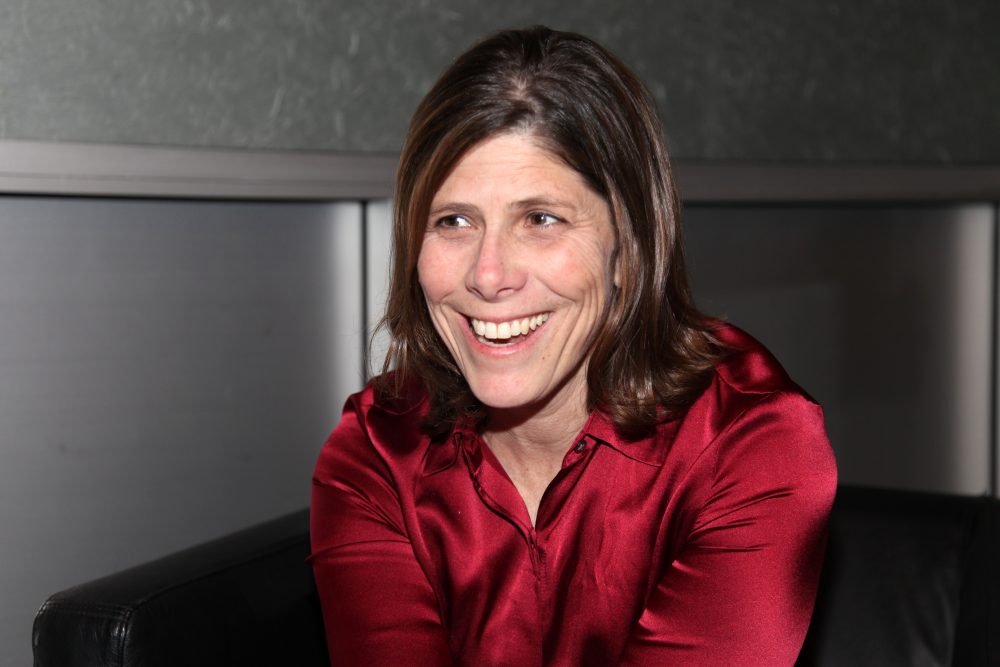
Photo by Aaron Salcido.
Anna Gorman is a senior correspondent for Kaiser Health News. Before moderating a Zócalo/UCLA panel discussion titled “How Can We Reverse the Depression Epidemic?” at the National Center for the Preservation of Democracy in downtown Los Angeles, she spoke in the green room about how she started writing about mental health, and how perceptions of depression vary among different cultures.
Is there a book or film or some other cultural depiction of depression or mental illness that you thought was really well-done—that spoke to you, and might speak to others?
Steve Lopez’s book The Soloist told a story of somebody who had a promising future and ended up homeless because of his mental health issues. I think the way that he was able to tell about his friendship with this schizophrenic man really did touch me.
How did you get interested in mental health issues and start reporting about them?
I started writing about health in 2011. And it seemed that the stories that I wrote about health policy, about public health, about cost, about access, so many of them touched on mental health. And I found people in almost everything that I was writing about were suffering from mental health issues. I would hear story after story after story. I did one about a young Asian girl in the San Gabriel Valley who was suffering from depression, and yet she had no idea what that word meant, because that just wasn’t talked about in her community. Or I spent some time at a health clinic in South L.A., and patients couldn’t get to the doctor, and people were wondering why patients weren’t coming there, and some of it was that they couldn’t get out of bed because they were depressed.
Is depression culturally contingent—is it more pervasive in some communities than others, and how significant are the differences in the ways that different communities perceive it?
Especially here in California, this is such a diverse population. And I do think different cultures see it differently; they define it differently. And people in different cultures may be more or less willing to seek care, depending on their personal views on it. So yes, I think it affects different communities differently.
Do you agree with some of your co-panelists that many people who get interested in mental health issues have had some kind of personal experience with it? Have you?
I’m trying to decide on what I want to share ….
Well, do you think that people are sharing more now about depression—one on one, or through social media? Are we becoming more open?
I think that people are definitely more open about it. I think that social media has definitely played a role in that. I think that the reducing of stigma has played a role in that. I think that people in power coming forward, and people who are leaders coming forward, helps lay people to speak up. There are more and more support groups out there for people. I find that when I’m out doing interviews, there’s no hesitancy. People want to tell their stories because they want to help others.
As far as my personal experience, I have not experienced depression. I’m thankful for it. I do have family members who have—not in a very serious way, thank goodness. They’ve been able to get through it. But I know that it touches so many of us.



